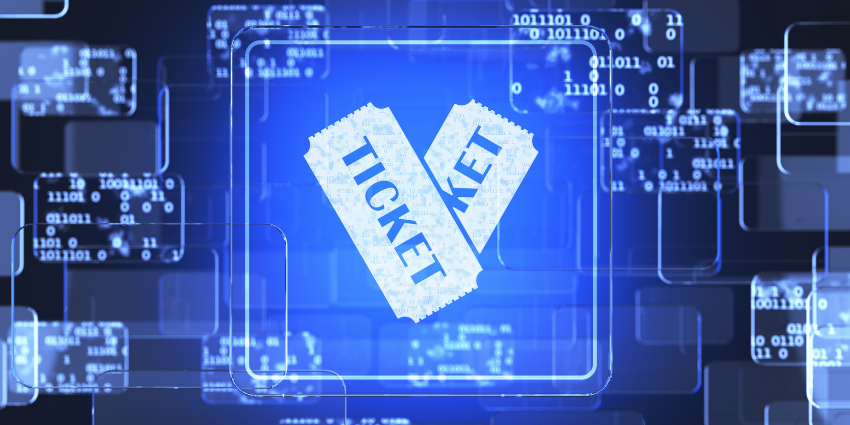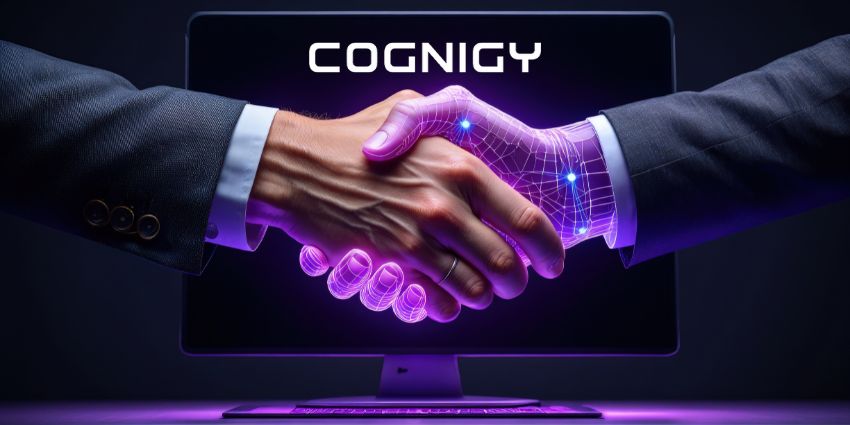Ticketing systems have long been a valuable component of the customer service space.
With ticketing software, companies can keep track of all the efforts they make to serve and support customers. Ticketing systems help with routing specific customers to the right agent by determining what requests might be about.
With ticketing tools, you can also ensure that your VIP clients are never left waiting for long. Many services allow you to prioritize certain requests based on the importance of your customer.
If you’re new to CX technology, you may be wondering whether it’s time for your company to invest in a ticketing system of its own. Here’s what you should know about ticketing software and how it works before you make your choice.
What is a Ticketing System?
A ticketing system is a software solution for customer service. Usually designed to integrate with other CX tools like the CCaaS (Contact Centre as a Service) environment, helpdesk, and CRM, ticketing systems help brands manage service and support cases.
The app or software solution creates a ticket that documents customer interactions and requests over time. This makes it easier for managers to assign tasks to specific employees. It also means that team members can track which issues they should be following up on.
Ticketing systems support customer service teams in prioritising certain customers and delivering the best possible experiences to end-users.
How Does the Ticketing System Work?
Ticketing systems work by initially creating a document or “ticket” which records the interactions on a service or support case. The system shares the ticket between the customer and the customer service agent, logging the communications between them so there’s a constant thread or conversation.
If anything gets lost in translation, or employees need to check up on something, they can simply refer back to the service ticket for more information. After a ticket is created, agents work on the issue on their end, informing the customer when a resolution or update is available. If the customers have more questions in the meantime, they can use ticket information to follow up with the service rep.
After the issue is fully resolved, and the customer is happy, the agent can close the ticket and store the information in a secure location. Tickets can also be re-opened in most software solutions if follow-up requests, or questions are necessary.
What are the Benefits of Ticketing Systems?
When you only have a handful of customers to support, a ticketing system might not seem so valuable. However, as your business scales, it quickly becomes impossible for companies to successfully track conversations via email and live chat conversations. Adding a ticketing system to your strategy means you can keep your team organized and aligned when working on problems.
Some of the most significant benefits of ticketing systems are:
- Organization: Ticketing systems give users the option to organize and catalogue a wide range of support cases within a customer service department. Reps can easily manage multiple cases at once because every ticket is labelled and can be prioritized according to demand. This is often crucial when dealing with clients that may be filing large numbers of service and support tickets about a certain issue
- Centralized information: All tickets and requests remain stored in the same place, making it easier to access and track information. Most ticketing solutions will integrate with your contact strategy on multiple channels, so you can track information from customers wherever your conversations might take place
- Communication: If your business is offering omni-channel support, ticketing systems help your team consolidate all of the communication elements they need to keep track of into a single thread. Ticketing systems make communication more streamlined and personalised. Customers don’t have to repeat themselves every time they check up on a ticket, just because they’ve jumped from one platform to another
- Simplicity: Ticketing systems simplify things for both the customer and the service rep. Clients can quickly and easily access ticket information via an email inbox and send questions to the rep handling the case. This empowers the customer because they feel as though they have a direct line to their agent. The accessibility factor is great for the agent too, because it’s easier to track conversations from multiple environments in one space
- Improved satisfaction: Ticketing systems give companies the power to track, manage, and close tickets as quickly as possible. When issues can be dealt with quickly and effectively, clients are happier and less likely to churn







